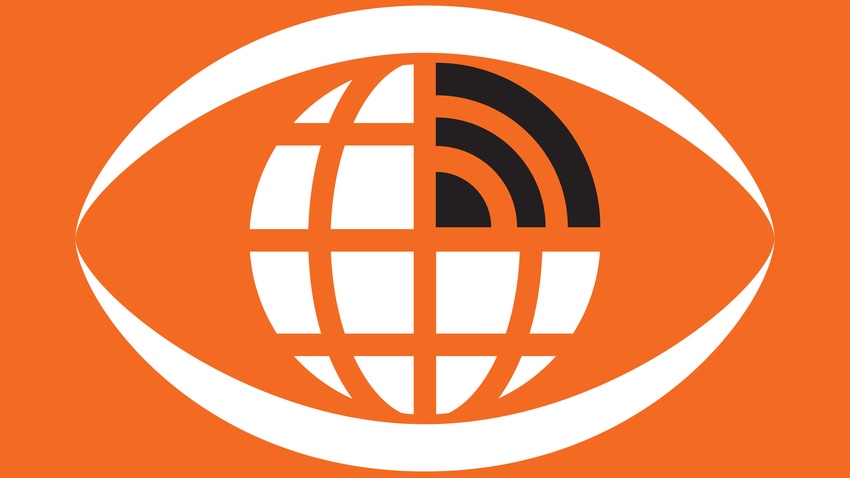There’s something immensely gratifying about the ability of even the largest and most imperious of corporations to totally drop the ball from time to time.
June 26, 2015

By The Informer
There’s something immensely gratifying about the ability of even the largest and most imperious of corporations to totally drop the ball from time to time.
This is a topic close to the Informer’s heart, having reflected on some of the most catastrophic quarterly results and on the perils of M&A in the not too distant past, but it should be stressed that the appeal is not entirely down to schadenfreude, although that certainly plays a part.
The really pleasing aspect of corporate folly is the reminder that mega companies are human too. They’re not run by infallible demi gods and their boardrooms are not populated by members of that shadowy, elite cabal that secretly runs everything. No, the CEOs of large companies were once helpless babies, insolent adolescents and erratic young adults just like the rest of us.
The inspiration for this round of reflection was Apple’s apparently capitulation to the will of Taylor Swift, who really does seem to have superhuman powers, at the start of the week, having decided to confer the cost of its generous three month Apple Music trial period to the content owners. Apple’s justification seemed to be that in the long-run everyone would benefit, but that still doesn’t explain why only the content owners should foot the initial bill.
This was essentially Swift’s point. Stressing minimal self-interest due to the majority of her considerable revenue coming from events, Swift claimed to be speaking up for the little guy. “We know how astronomically successful Apple has been and we know that this incredible company has the money to pay artists, writers and producers for the 3 month trial period… even if it is free for the fans trying it out,” she wrote. “We don’t ask you for free iPhones. Please don’t ask us to provide you with our music for no compensation.”
We’ll probably never know whether Apple was already having a rethink about this heavily criticized policy, but comments like that, from a person like Swift, were humiliating and very damaging to the public image of a company that has always tried to set itself apart from other corporate ogres. So, somewhat surprisingly, it did the only rational thing and reversed the policy. That in itself has been widely reported as a humiliation, but it was still the best option.
Perhaps Apple has perfected the art of the about-turn from all the practice it has had over the years. No company should be criticised for trying to innovate and Apple’s first foray into the handheld market was all the way back in 1993 with the Newton. While this was a total failure, it was in many ways ahead of its time and spawned ARM, whose silicon is now ubiquitous in mobile devices.
There have been a few other interesting hardware experiments from Apple over the years, but its Achilles heel seems to be digital services. MobileMe was an ill-defined foray into the personal cloud that Apple had the nerve to charge for despite some distinct flaws, for which then CEO Steve Jobs eventually apologised.
Apple seems to be at its weakest when it’s chasing, rather than leading the market. This seems to have been what happened with the Apple Music error and was also the likely cause of one of its other major recent failures. Apple Maps was created because Apple was understandably irritated by the fact that iPhone users were using maps created by its main mobile competitor – Google. But the consensus was that it was nowhere near as good, at least initially, as Google Maps and the whole thing turned into a bit of an embarrassment.
The good news for Apple is that even its most clumsy efforts pale compared to history’s greatest corporate boo boos. There is a rich history of failed acquisitions, PR humiliations and disastrous product launches. Ford, for example, is still associated with the hideous Edsel.
But the gold medal winner has to be ‘New Coke’, which was Coca Cola’s response to losing market share to Pepsi in the 80s which had been run, curiously enough, by future Apple CEO John Scully. Coke decided to change the taste – hence the rebrand – but the public hated it. Again the day was saved by an abrupt about-face and within three months the old coke was relaunched as ‘Coca Cola Classic” and everyone tried to put the unpleasant incident behind them.
Read more about:
DiscussionYou May Also Like






.png?width=300&auto=webp&quality=80&disable=upscale)


_1.jpg?width=300&auto=webp&quality=80&disable=upscale)


.png?width=800&auto=webp&quality=80&disable=upscale)